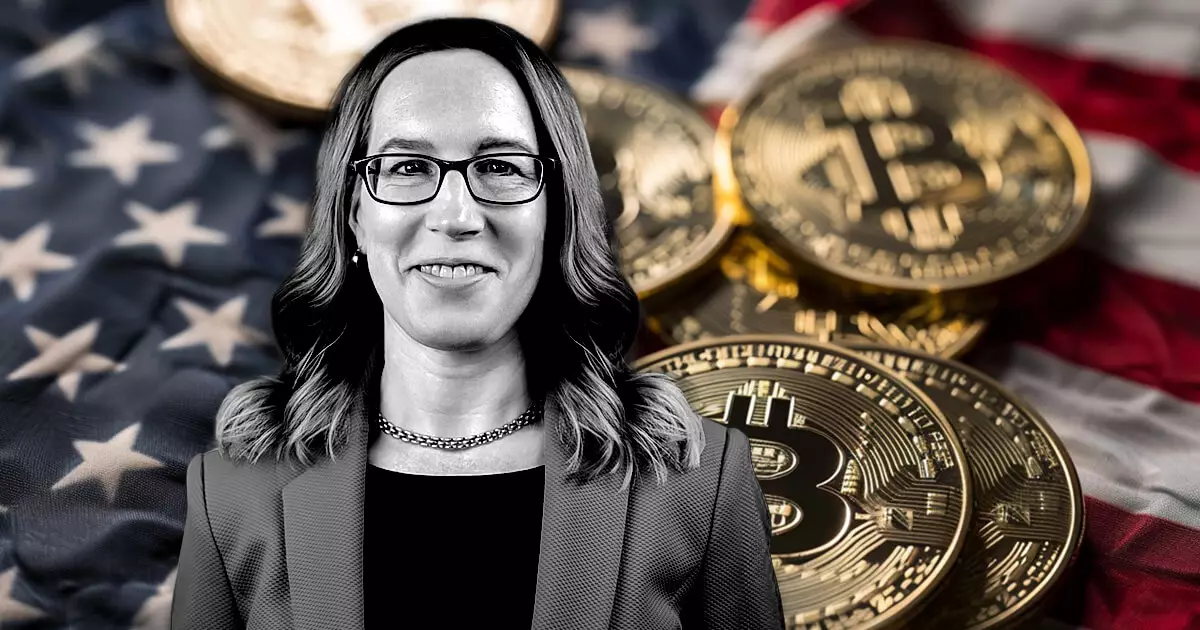The US Securities and Exchange Commission (SEC) Commissioner Hester Peirce recently expressed her ongoing concerns regarding the SEC’s Staff Accounting Bulletin No. 121 (SAB 121). This came after a speech by SEC Chief Accountant Paul Munter, where he reaffirmed the Commission’s unchanged stance on SAB 121. Despite the growing attention and controversy surrounding the regulation, Munter emphasized that the SEC staff’s perspective has not shifted.
Munter explained that the staff maintains the belief that entities should record a liability on their balance sheets to account for the responsibility of safeguarding digital assets held for others. According to him, this approach offers investors relevant and timely information to evaluate the risks associated with safeguarding cryptocurrencies on behalf of others. There are exceptions to this rule, such as bank-holding companies that safeguard crypto with bankruptcy protection and broker-dealers who facilitate crypto transactions without control over cryptographic keys.
The SEC’s position on SAB 121 is that it aims to increase transparency and enhance risk management in the rapidly evolving crypto industry. Despite these intentions, the regulation has faced pushback from industry insiders who view it as an overreach by the SEC. Earlier this year, US lawmakers attempted to overturn the SEC’s guidance, but their efforts were vetoed by President Joe Biden.
In response to Munter’s speech, Commissioner Peirce took to social media to reiterate her concerns about both the content and process of SAB 121. She encouraged others to share their thoughts on the policy with her via email. Nate Geraci, President of the ETF Store, added his perspective by suggesting that the SEC might be resistant to allowing regulated financial institutions to custody digital assets. He argued that the SEC’s reluctance could be hindering the ability of financial institutions to provide custody services for cryptocurrencies.
The debate over SEC’s Staff Accounting Bulletin No. 121 continues to spark controversy within the industry. While the SEC maintains that the regulation is necessary for transparency and risk management in the crypto sector, critics argue that it represents regulatory overreach. The differing opinions on SAB 121 highlight the complexity of regulating digital assets and the challenges of balancing innovation with investor protection.















